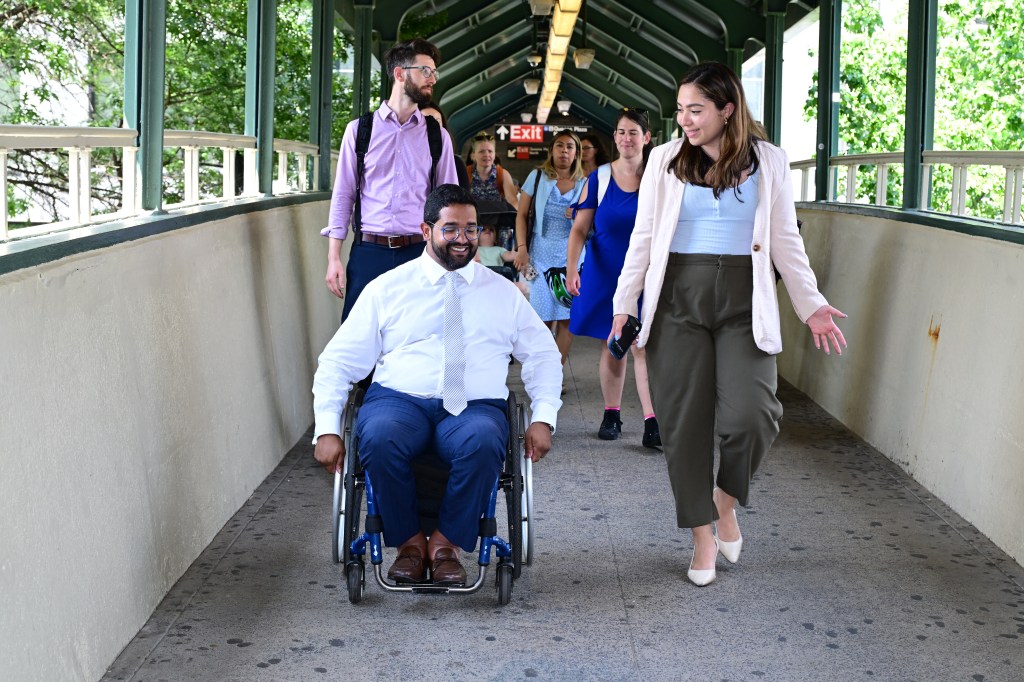BY EMMA MILLER
Students and community groups are planning a Citywide Day of Action this Wednesday to push for more funding from the City University of New York (CUNY).
Students will urge CUNY during the Nov. 14 initiative to fully fund programs such as Accelerated Study in Associate Programs (ASAP) and Accelerate Complete Engage (ACE). Organizers said that these programs are especially important to poor and working-class students as well as immigrants and people of color, as an education from CUNY can lead to upward mobility and jobs.
The initiatives have been proven to double graduation rates and save the city and state an average of $6,500 per graduate. Only two out of 10 community college students graduate in two years. ASAP helps by providing free or discounted tuition, MetroCards and textbooks as well as individualized advising and faculty mentoring.
CUNY already has these programs to help students, but the Citywide Day of Action is to raise awareness and push for the programs to be fully funded and expanded.
Students and others will be petitioning at multiple campuses across New York City, including three in Queens. They will be at the Queens College in Flushing from 11 a.m. to 3 p.m., Queensborough Community College in Bayside at noon and LaGuardia Community College in Long Island City from 1 to 5 p.m.
The City University of New York has 25 campuses across all five boroughs. This includes 11 senior colleges, seven community colleges and seven graduate, honors and professional schools. CUNY has five schools in Queens: Queens College in Flushing, Queensborough Community College in Bayside, LaGuardia Community College in Long Island City, York College in Jamaica and CUNY School of Law in Long Island City.
CUNY ASAP is a program designed to help students get an associate degree in three years or less. In addition to financial aid, they provide special classes and schedules to meet the needs of students with jobs. ASAP has helped more than 33,000 students since its start in 2007. ACE was launched at John Jay College in 2015 to meet similar needs for students earning bachelor’s degrees.





































